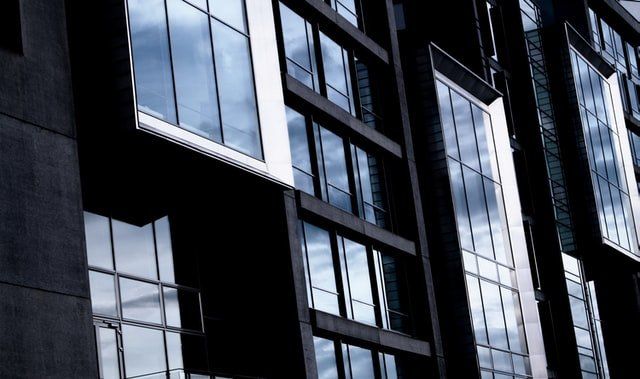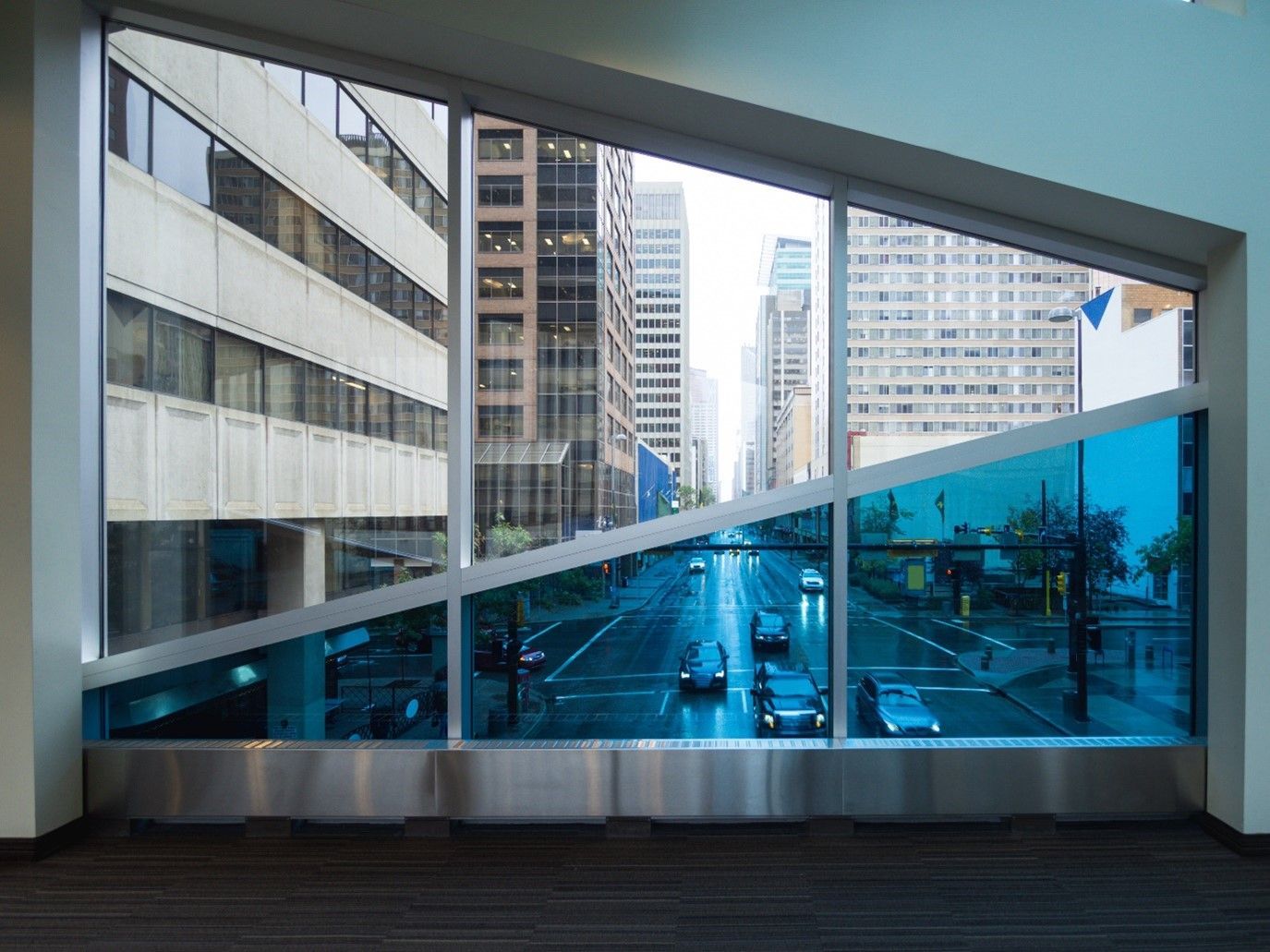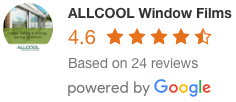5 Common Myths About Window Film
- By websitebuilder
- •
- 03 Jul, 2020
- •
Window film can derive many benefits for your home and business so it’s no surprise that we receive so much positive feedback from our customers. From reduced energy bills, blocking harmful UV rays, stopping glare and increased privacy the results speak for themselves.
There are however several common misconceptions out there that continue to deter people from installing window film. Don’t let these myths about window tinting stop you from saving money and increasing your overall comfort.

Window film applied to glass will cause the glass to break
Window tint film applied to glass will never be the sole reason for a thermal fracture in your glass to occur.
Only when the window film and/or glass is not installed to the correct manufacture guidelines will this be a potential cause for breakage. Window film manufacturers will always provide professional installers such as ALLCOOL Window Films with data that helps guide them to correct the right film on the right glass to mitigate against thermal fractures.
Further to this, some window film solutions will also offer a five-year thermal breakage warranty that includes glass and film replacement.
Window film will make my windows too dark
Much has changed with window tinting technology in the last 20 years. For a while, window tint only came in dark variations which tended to make homes or commercial premises seem gloomy.
In 2020 so much has changed. Window films are available in a wide variety of shades and the vast majority on the market are invisible to the naked eye. Technology has evolved to the point where window tinting can do an effective job at blocking UV rays and glare without keeping you in the dark.
If you’re concerned about the shade of window film for your home or business the team at ALLCOOL are happy to talk you through a range of solutions to find the right fit for your space.
Window film is only effective in summer
Window film is an all-year-round solution that insulates your glass fixtures. While it’s commonly understood that window film will do a good job at moderating your indoor temperature in summer what often flies under the radar is how well it operates in winter too.
Low E window films act as an insulator meaning your glass windows and doors will do a more effective job at trapping thermal energy inside your home when it’s cold. This will also, in turn, mean you will spend less on heating your home or business because once the space becomes warm it will stay warm for longer.
Window film doesn’t last very long
High-quality window films like the ones available from Solar Gard come with warranties that range from 5 years to ‘Limited Lifetime’. Depending on the type of window tint, glass it’s being applied to and building construction some window films will last well beyond their warranties.
Most factory issues such as peeling, bubbling or cracking are generally covered so if something does go wrong it can be replaced. Once your window film does hit an expiry date many years down the track it can be easily removed and replaced with a new film.
All window films are the same
This is most definitely not true. As mentioned earlier, window film technology has drastically evolved in recent years and there’s an extensive range of options out there that are catered to different requirements.
From styles to manufacturers don’t be mistaken in believing all window films are created equal. The price will always be a factor to consider but like most things what you pay for is what you get. Cheap, readily available options won’t offer the same finish as high-quality window films.
Manufacturers like Solar Gard have cemented themselves as a worldwide industry leader in the window tinting space and as such their products come with warranties and performance guarantees. Solar Gard conducts vigorous testing to ensure every product delivers on what it is intended to whether that be security, privacy or blocking UV light.
For homeowners and business owners alike window film is a cost-effective solution to deriving long last improvements for a shared space. Understanding what window film can and can’t do for your home or business premises is an important first step in making the right decisions for you and your occupants.













